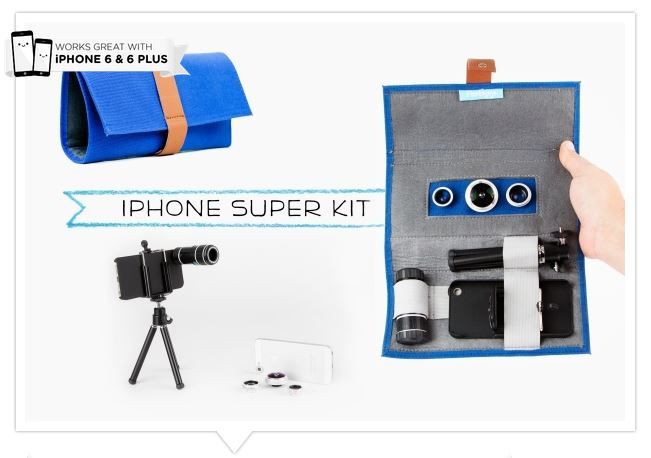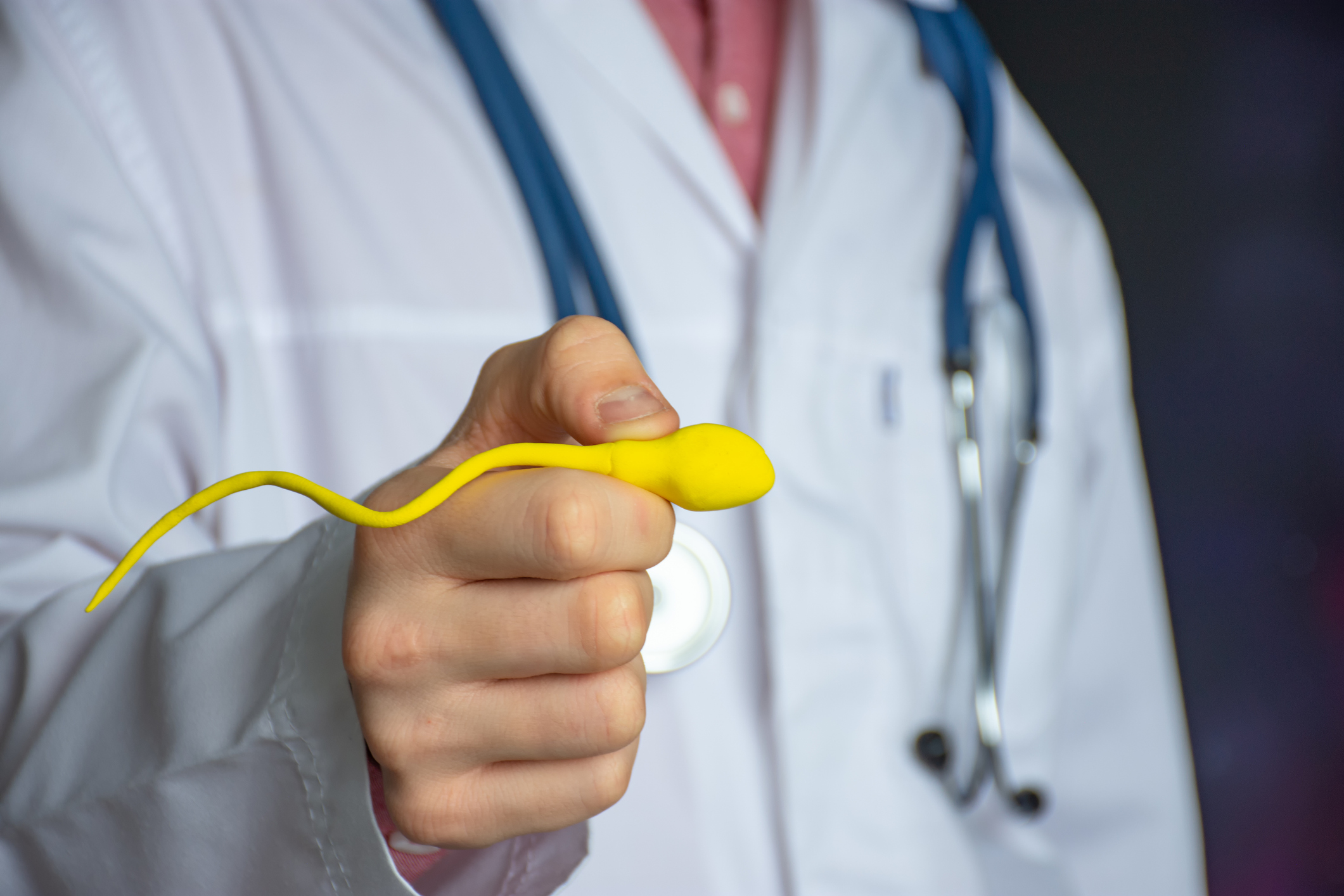
Ebola. ISIS. Downed airlines. Ukraine. 2014 threw up some confounding dilemmas. Our "Silver Bullets" series comes to the rescue with seven big solutions to some of the most complex problems the world is facing. But we also decided to turn our attention to some of the world's smallest problems, from getting out of a date with a click of your heels to an eternal question: Where am I going to find the perfect dive-bar T-shirt?
Each day for a week, we'll roll out one idea dreamed up by an enthusiastic entrepreneur or company to solve a problem that seems quite small in the context of the world's biggest issues, petty even. Unless it's your problem. Are these solutions as important, and as inspiring, as our "silver bullets"? No, but they prove once again that there are no limits to human ingenuity—or to the messes humans can cook up.
Traditionally if you wanted to take a photograph, you had to use an honest-to-goodness camera. But with the advent of the latest iPhones and iPads and their attendant photo-taking abilities, everyone young and old can snap and share relatively high-quality pictures without coughing up extra cash for the real thing.
While cameras on new smartphones and tablets have come a long way in the last few years, they still can't compete with DSLR cameras for professional-quality photographs, says Sam Rutherford, who writes about cameras and other technology for Laptop Magazine.
Perhaps the biggest limitation of these smartphones' (and tablets') cameras is their narrow field of vision, which means its difficult to photograph a vista or take a selfie of more than… yourself. That's why companies have created a wide variety of external lenses to augment your device's picture-snapping power.
There's been "a relative explosion of companies producing smartphone lens accessories," says Rutherford. Prior to the iPhone 4, these accessories were essentially nonexistent. Now, "a lot of big names, such as Manfrotto—which has been long known for professional photography gear—[are] jumping into the market."
While you may still look ridiculous snapping a shot of the Empire State Building with an alien-looking prosthesis sticking off your iPad, these lens accessories are nevertheless a fun way to take photos with a variety of effects, Rutherford says. The most popular options are the macro, wide-angle and fish-eye lenses, he adds. The macros let you take very close-up photographs that wouldn't be otherwise possible, and the latter two allow you to expand smartphones' field of view (great for a selfie with you, entire fencing squad and the goat on yonder mountain).
The smartphone-plus-lens option is somewhat cheaper and definitely more convenient than a DSLR, Rutherford says.
The iPhone 6 on the other hand, costs $200 with a two-year contract (though it will put you out $750 if you don't commit to a plan). And, there's a pretty good chance you already have a smartphone; about two-thirds of Americans do. One very popular maker of accessory lenses, Olloclip, has a four-in-one model available for $80—much cheaper than a DSLR camera, which usually start at $450 to $500, plus several hundred dollars extra for a basic lens or two.
But "where the iPhone [plus lens accessories] really win is that you can carry them around in your pocket, and you don't have to burden yourself with a camera bag," Rutherford says. Plus, you can easily and immediately share your photos on social media.
But don't tell that to Wall Street tourists arresting my commute to work many mornings by shuffling along blindly, dopey tablets held aloft like picture-taking mirrors—I still think it looks absurd. But maybe I'm just a curmudgeon.
Previous stories in this series:
- For $199, This Cup Tells You What It's Holding
- A T-Shirt a Month Equals a Journey to America's Diviest Haunts
- A Remote Control For Your Whole Life
- New App Lets You Click Your Way Out of a Bad Date
Uncommon Knowledge
Newsweek is committed to challenging conventional wisdom and finding connections in the search for common ground.
Newsweek is committed to challenging conventional wisdom and finding connections in the search for common ground.
About the writer
Douglas Main is a journalist who lives in New York City and whose writing has appeared in the New York ... Read more
To read how Newsweek uses AI as a newsroom tool, Click here.








